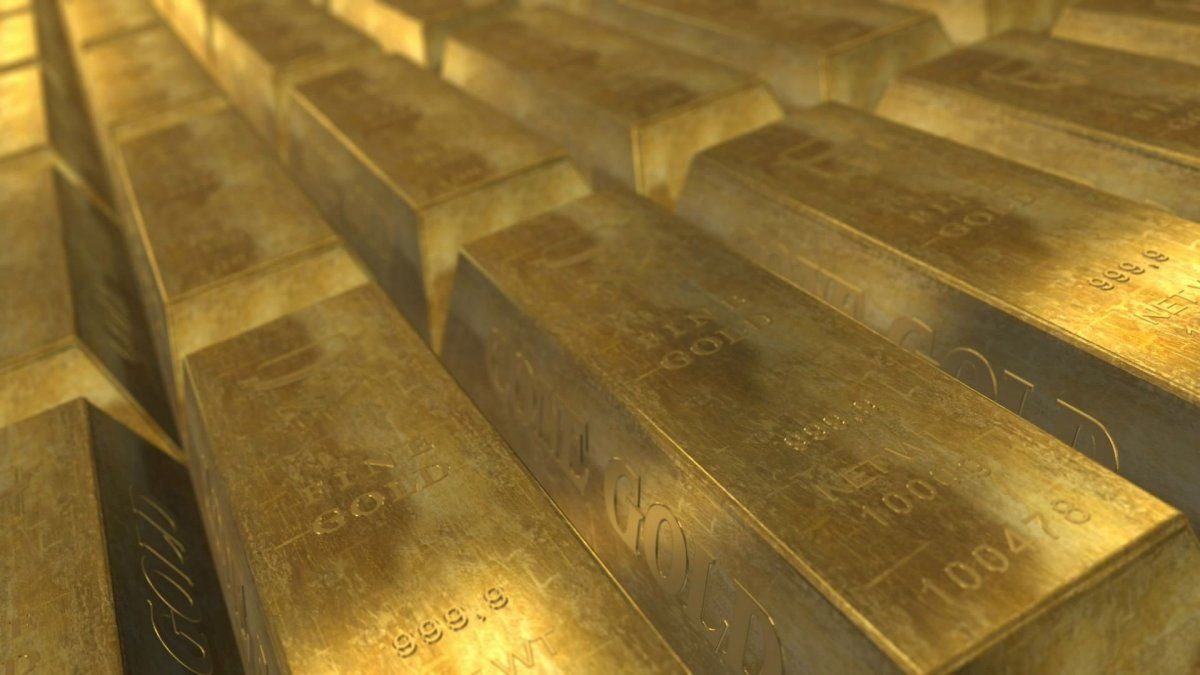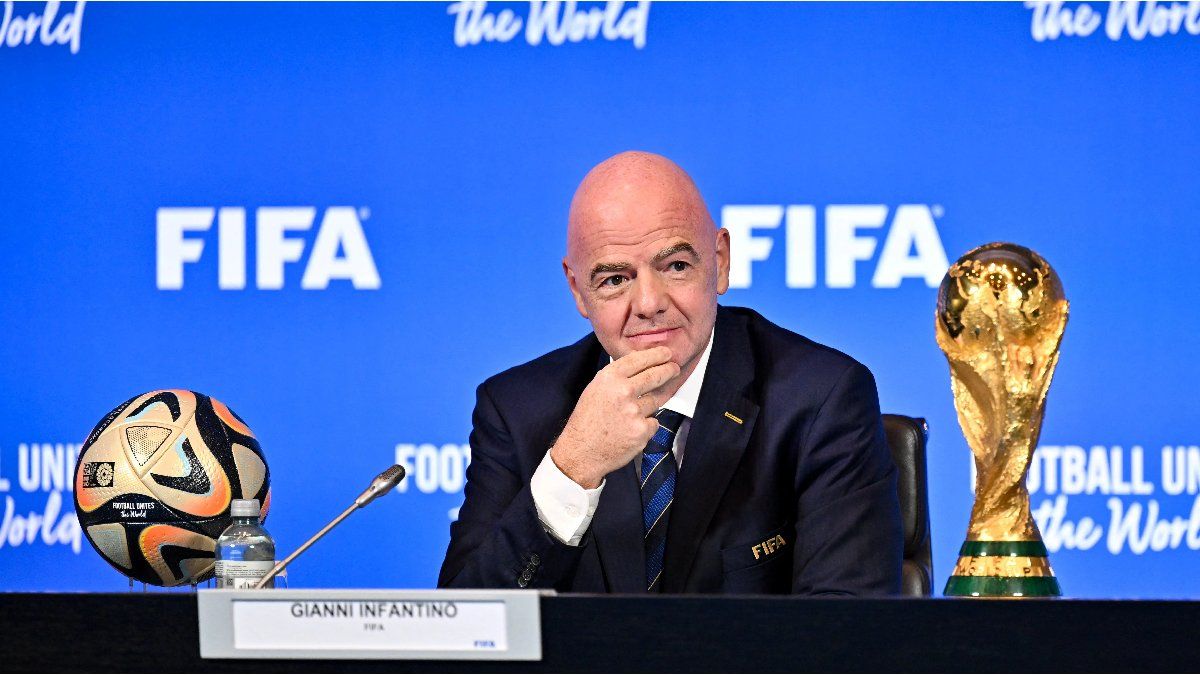emerging
Regarding the aforementioned trend that began in 2010, it is worth noting that the central banks of emerging markets were the ones that accounted for most of the demand reported last year. For example, China resumed its purchases in 2022. The most significant announcement of the year came at the end of 2022, when the People’s Bank of China (PBoC) reported the first increase in its gold reserves since September 2019. In November and December , the PBoC announced total gold purchases of 62 tons, bringing its total gold reserves to over 2,000 tons for the first time. These announcements were significant given China’s historical position as a large buyer of gold, having accumulated 1,448 tons between 2002 and 2019. However, it was the Central Bank of Turkey that reported the largest purchase in 2022: its official gold reserves increased by 148 tons to 542 tons, the highest level on record.
Regionally, the Middle East was an active buyer of gold during 2022: Egypt (47 tons), Qatar (35 tons), Iraq (34 tons), the United Arab Emirates (25 tons) and Oman (2 tons). .) significantly increased their gold reserves. Central Asia also saw its level of purchases grow since despite starting the year as a net seller, the Central Bank of Uzbekistan ended 2022 as a net buyer of gold, with an increase in its gold reserves of 34 tons. The Republic of Kyrgyzstan (6 tons.) and Tajikistan (4 tons.) were also relevant buyers. As for the Reserve Bank of India, it remained a gold buyer in 2022, adding 33 tons, down 57% from 2021 when it bought 77 tons. Intervention in the foreign exchange market to support the rupee during the year led to a $70 billion decline in foreign exchange reserves, which may have affected the bank’s gold buying, analysts speculate. Its gold reserves now amount to 787 tons. On the other hand, Ecuador (3 tons.), the Czech Republic (1 tons.) and Serbia (1 tons.) were also notable buyers. But Ireland was the only developed market central bank to add to its gold reserves during the year, buying 3 tonnes in the first quarter.
While buying was big, 2022 also saw some selling. The National Bank of Kazakhstan was the biggest seller, reducing its gold holdings by 51 tons to 352 tons. In a statement to the Bloomberg agency, the National Bank of Kazakhstan indicated that it planned more gold sales in 2023, although it had previously stated that sales may depend on market conditions.
There is another fact to take into account in the behavior of last year. It just so happens that it is not uncommon for central banks that regularly buy domestic gold production to oscillate between buying and selling. For example, Germany posted net sales of 4 tons as part of its ongoing coinage program, while Sri Lanka (3 tons), Poland (2 tons), Philippines (2 tons), Mongolia (2 tons .), Bosnia and Herzegovina (1 tons.), Cambodia (1 tons.) and Bhutan (1 tons.) were all sellers of at least one ton. On the other hand, the Central Bank of Russia announced that it would resume the purchase of gold from domestic producers after the imposition of international sanctions. But no further data has been reported since a 3-tonne decline in its gold reserves in January 2022.
As follows?
Looking ahead, experts see little reason to doubt that central banks will remain gold-positive and continue to be net buyers in 2023. But how much is hard to predict because demand can be policy-driven and not always responsive to most common economic drivers used to analyze other sectors. Furthermore, it is reasonable to believe that central bank demand in 2023 may struggle to catch up to the level it reached last year, and a slowdown in total reserve growth is likely to put pressure on some central banks, reducing their ability to allocate gold. Therefore, experts believe that purchases in 2023 are likely to be more subdued.
Source: Ambito




